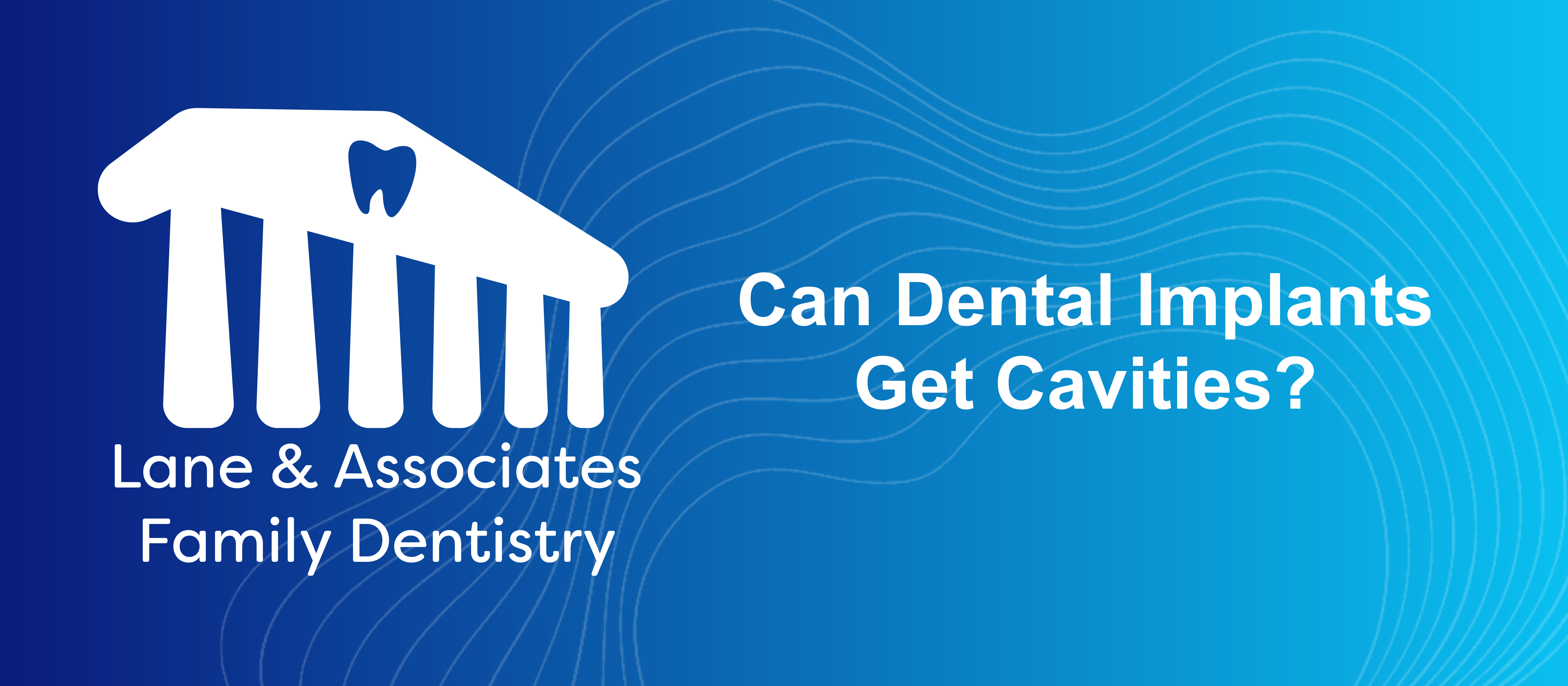If you have recently gotten dental implants and are experiencing pain in the area, you may be wondering what the issue is. Has your dental implant gotten a cavity?
Due to a dental implants composition of metal and porcelain, you can’t get a cavity in an implant. There are other ways that your dental implant may be causing pain and need to be removed such as infection, but you will not get cavities in an implant.
In this article we will discuss what dental implants are and how they are not susceptible to cavities.
What are Cavities?
Cavities occur when bacteria in your mouth produce acid that erodes the enamel of your tooth. Over time, these bacteria can spread and cause further damage to the dentin layer beneath the enamel of your natural teeth.
Cavities are a common dental issue, but they only affect natural teeth, not dental implants. As mentioned before, this is due to the fact that implants replace your entire tooth with metal and porcelain, which is not susceptible to cavities.
What are Dental Implants?
Dental implants are a permanent solution for replacing missing or damaged teeth. They consist of three basic parts: the implant post, abutment, and crown. The implant post is a titanium rod that is inserted into your jawbone during surgery. The abutment is a piece that connects the implant post to the crown, and the crown is a porcelain or ceramic restoration that looks just like a natural tooth.

The titanium rod of an implant creates a permanent bond with your jawbone which makes them very sturdy and long-lasting. Because of this bond, they are not susceptible to cavities like natural teeth are.
Can a Dental Implant Fail?
One of the main ways that you may need to have a dental implant replaced or removed is if the implant is rejected by your body. This may be the case if your implant has become infected. This can happen due to a lack of good oral hygiene, or if bacteria was present when the dental implant was inserted.
Another way that a dental implant can fail is if it does not integrate properly with your jawbone. This occurs when the metal post of the dental implant fails to bond strongly enough with the jawbone and starts to loosen over time.
Lastly, if the implant is placed in incorrect position it can fail to work properly and cause pain or discomfort.
Conclusion
Dental implants are a great option for those who are missing or have damaged teeth, as they provide a permanent solution that is not susceptible to cavities. While some other issues may arise with dental implants such as infection and gingival recession, you can rest assured knowing that your implant will not get a cavity. Be sure to practice good oral hygiene and visit your dentist regularly in order to keep your dental implant healthy.
Contact Lane and Associates Today!
If you’re located in North Carolina and are looking for a reputable dentist to install your dental implant, look no further than Lane and Associates. Our experienced team of dentists specialize in all types of dental care including implants, crowns, bridges and more. Contact us today to schedule an appointment!


